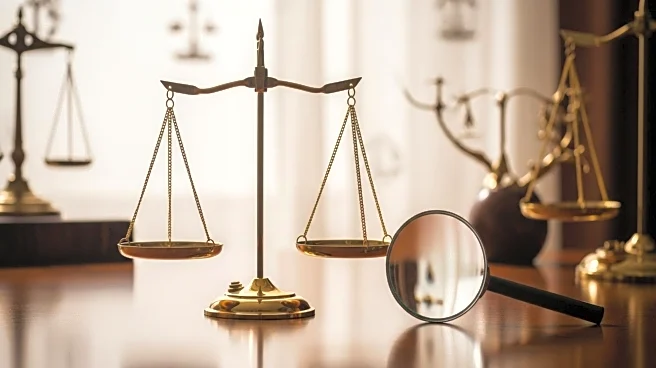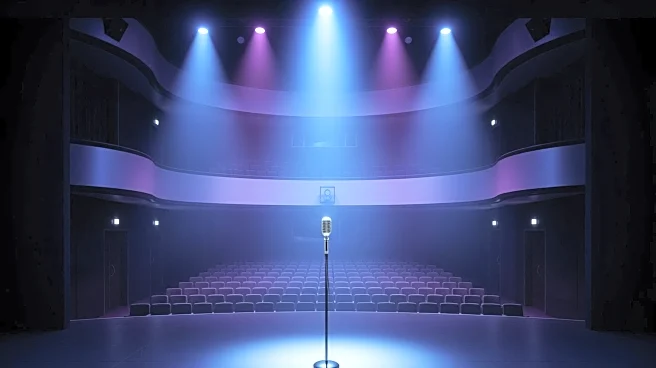What's Happening?
The Supreme Court is set to hear oral arguments in the case of Louisiana v. Callais, which challenges the use of race in redistricting under Section 2 of the Voting Rights Act. The case arises from a dispute over Louisiana's congressional map, which was redrawn to include a second Black-majority district following a federal court ruling. Plaintiffs argue that this use of race violates the Equal Protection Clause of the U.S. Constitution. The case represents a significant moment in the ongoing legal battles over race, redistricting, and voting rights in the United States.
Why It's Important?
The outcome of this case could have profound implications for minority representation in Congress and the enforcement of the Voting Rights Act. If the Supreme Court rules against the current interpretation of Section 2, it could lead to a reduction in majority-minority districts, potentially diminishing the political power of racial minorities. This decision could also impact the partisan balance in Congress, as many minority-majority districts tend to elect Democratic representatives. The case highlights the tension between efforts to ensure fair representation and constitutional challenges to race-based redistricting.
What's Next?
The Supreme Court's decision in this case could set a precedent for future redistricting efforts across the country. If the court rules against the use of race in redistricting, states may be required to redraw their congressional maps, potentially leading to significant shifts in political power. The decision could also prompt further legal challenges and legislative actions aimed at addressing the balance between race and representation in electoral processes.
Beyond the Headlines
The case underscores broader debates about race and equality in the United States, particularly in the context of electoral politics. It raises questions about the role of race in ensuring fair representation and the potential consequences of limiting race-based considerations in redistricting. The decision could also influence public perceptions of the Supreme Court's role in shaping voting rights and minority representation.










